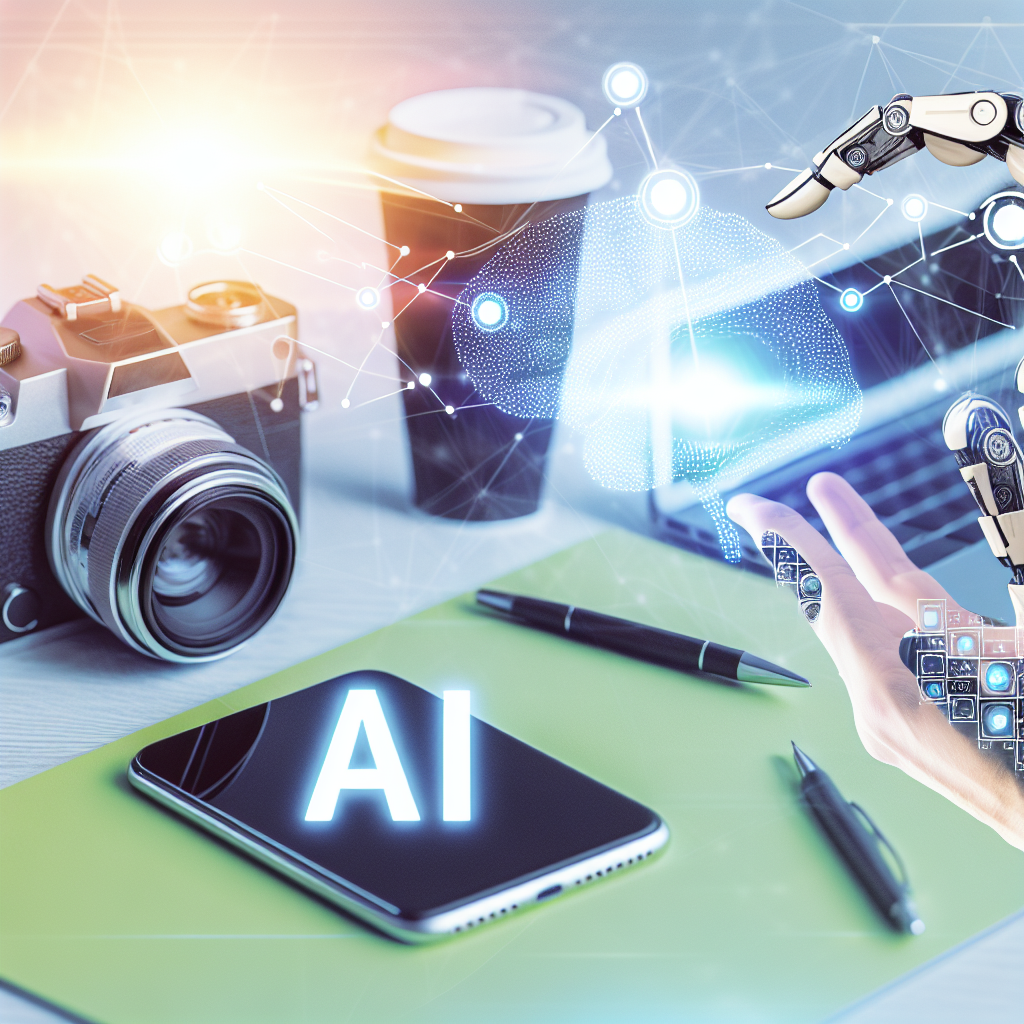Understanding AI Agents: A Clear and Comprehensive Overview
Artificial Intelligence (AI) agents are transforming how machines interact with humans and their environment. From automation to decision-making, these intelligent entities are shaping the future of technology. In this article, we will explore what AI agents are, how they function, and their real-world applications, providing a clear understanding for beginners and experts alike.
What Are AI Agents and Their Core Functions
At its core, an AI agent is a program or system capable of perceiving its environment through sensors and acting upon that environment via actuators to achieve specific goals. Unlike static software, AI agents are characterized by their ability to learn, adapt, and make decisions based on dynamic data inputs.
These agents operate based on rules, algorithms, or machine learning models that allow them to interpret data and determine the best course of action. Some common types include:
- Reactive agents: Respond solely to current perceptions.
- Deliberative agents: Use internal models and planning.
- Hybrid agents: Combine reactive and deliberative strategies for complex tasks.
How AI Agents Work: From Perception to Action
To understand how AI agents operate, it’s essential to follow their decision-making process:
- Perception: The agent collects data from its environment via sensors (e.g., cameras, data streams).
- Processing & Analysis: The collected data is processed using algorithms, often leveraging machine learning to interpret patterns and context.
- Decision-Making: Based on analysis, the agent evaluates possible actions, often optimizing for the best outcome according to predefined goals.
- Action: The agent executes the chosen action through actuators or communicative outputs.
This cycle repeats continuously, allowing AI agents to function autonomously in complex, real-world scenarios, such as autonomous vehicles, chatbots, or robotic assistants.
Conclusion: The Future of AI Agents
AI agents are revolutionizing numerous industries by providing autonomous, intelligent solutions that enhance efficiency and decision-making. As technology advances, these agents will become more sophisticated, capable of understanding complex environments and performing increasingly nuanced tasks. For anyone interested in the future of AI, understanding AI agents is an essential step toward grasping the potential of intelligent automation and innovation.
